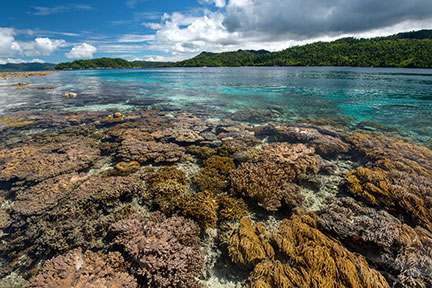- Joined
- Jan 12, 2019
- Messages
- 975
- Reaction score
- 1,199
By getting new fish and new corals that are wild caught, we are obviously harming the ecosystem. However, when you think about it, even captive bred were from wild caught fish. These fish are being completely removed from nature meaning less food for some of their predators and too much of their prey. Although most people now buy captive bred, there are still many people that use wild fish wild corals and even natural saltwater. And when you think about it, these fish aren’t exactly getting much freedom in our tanks either. Most tanks may look clean and big but in the wild, even the smallest fish may like to swim and get a new look everyday. My dream tank would be a 5000 gallon tank with just a few fish, just enough for a 30 gallon. This would replicate their natural habitat with more space to roam and explore. Though it may seem like they would never swim through all of it it would probably be better for them. What do you guys think about our hobby?



















